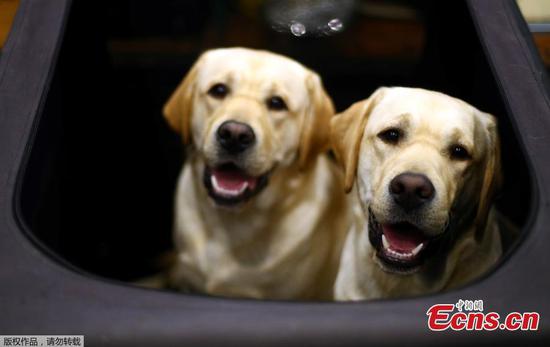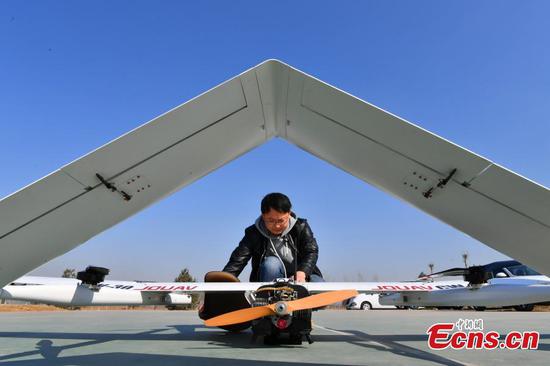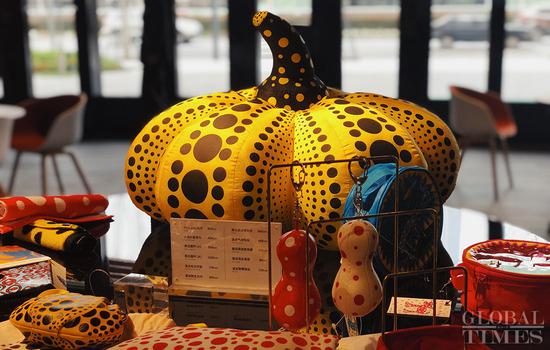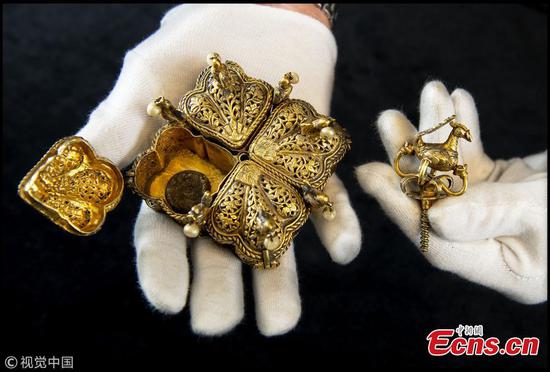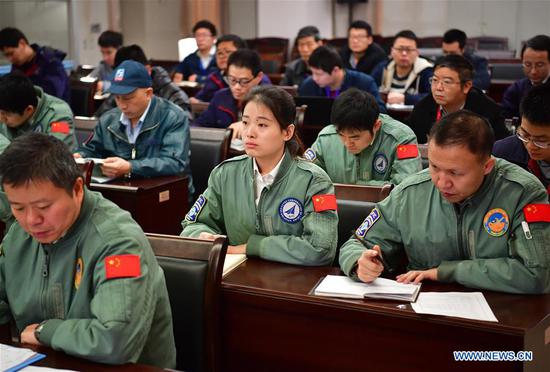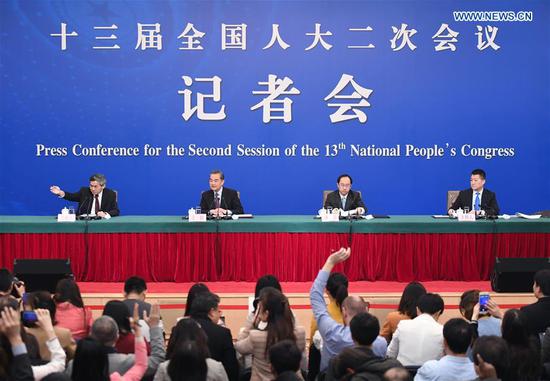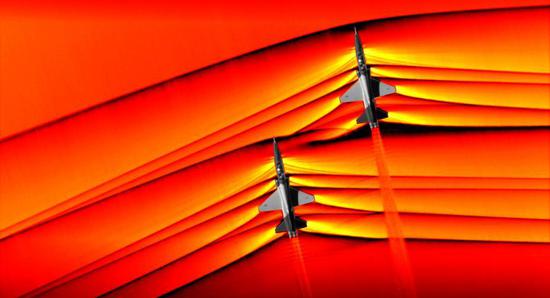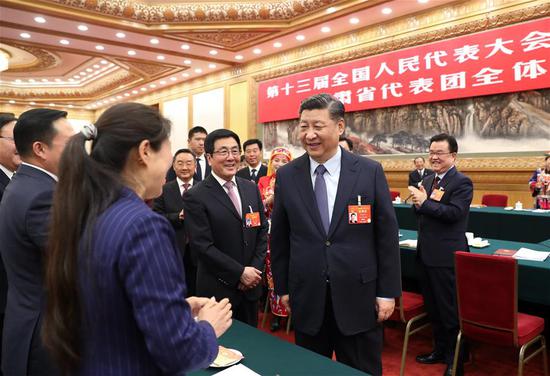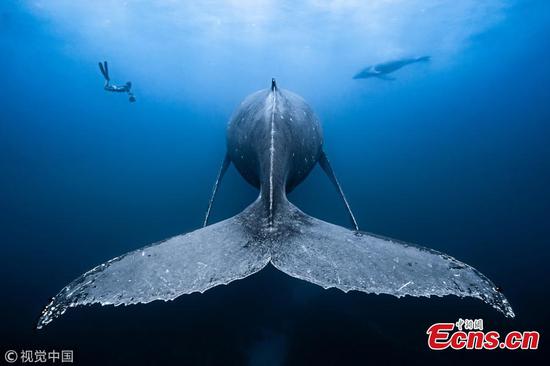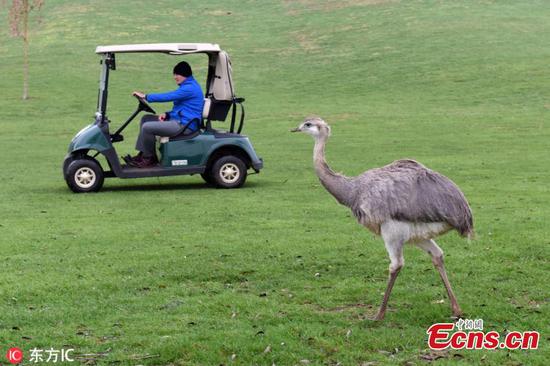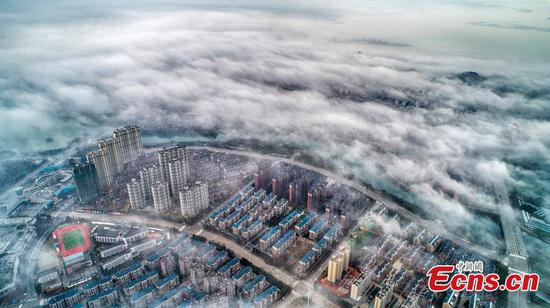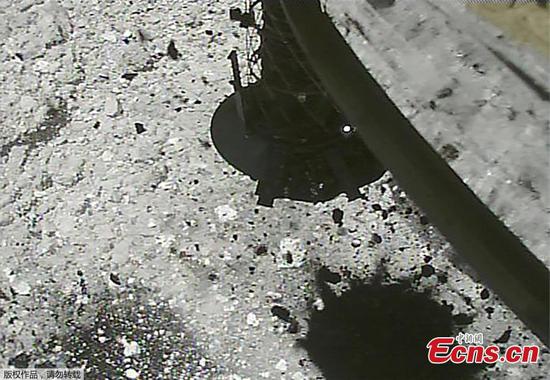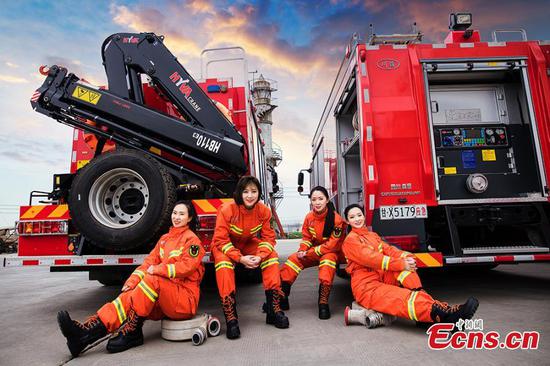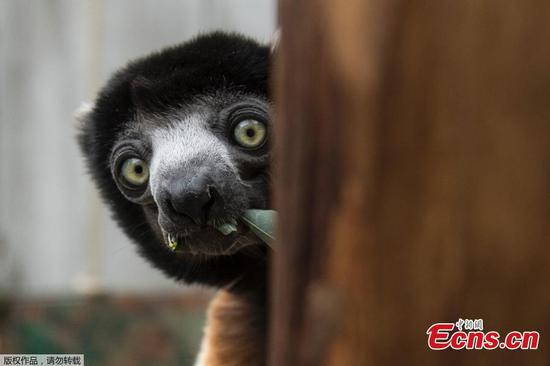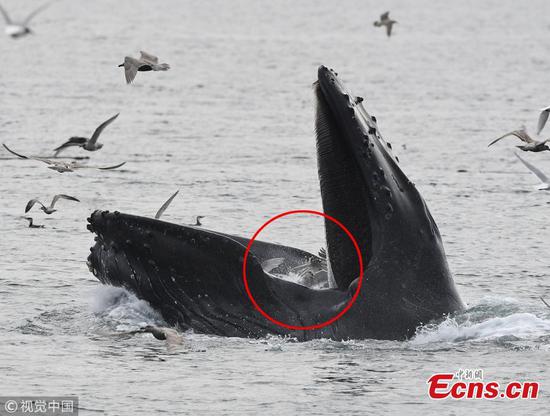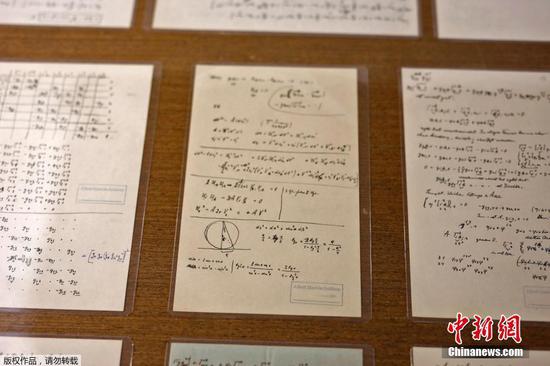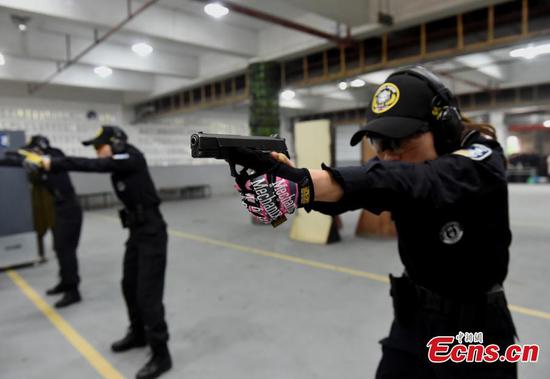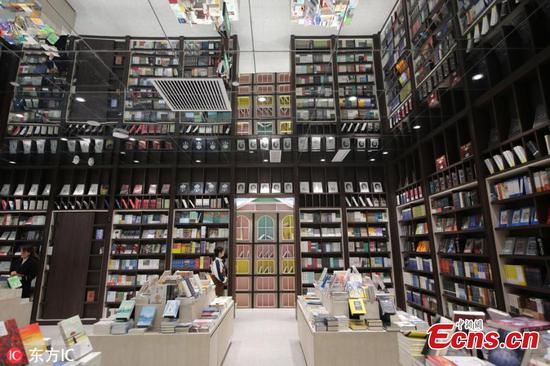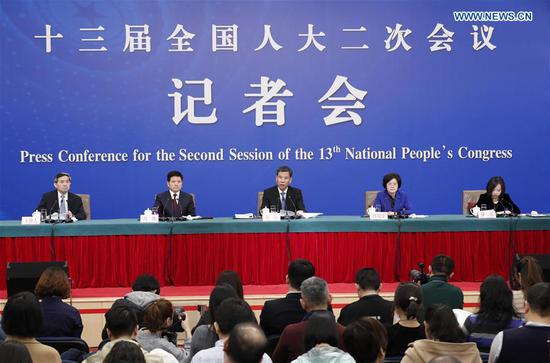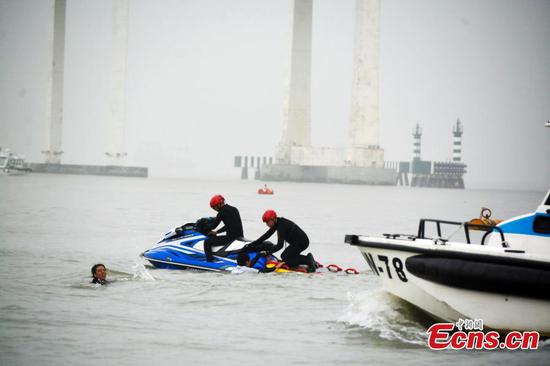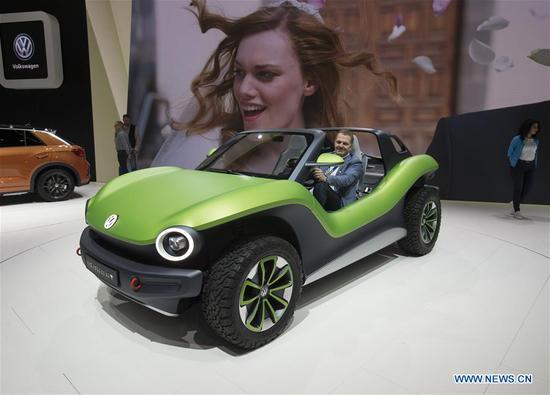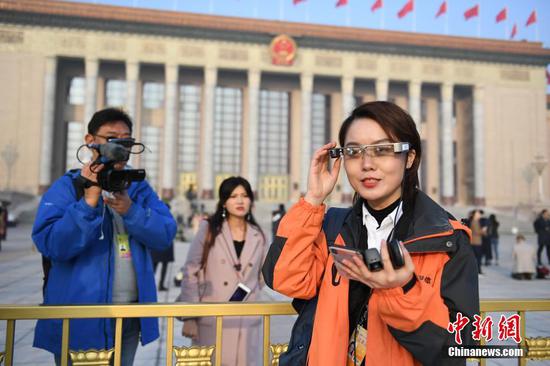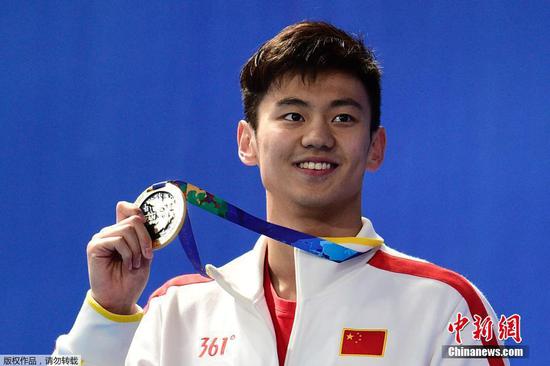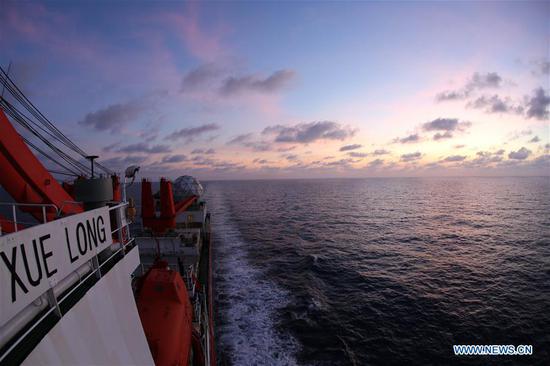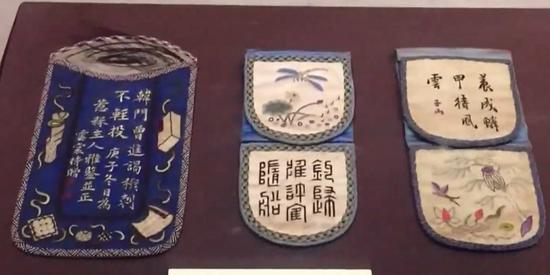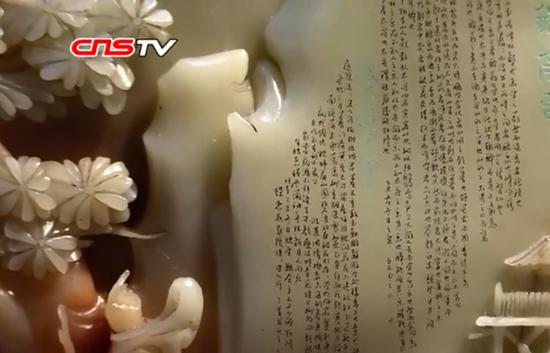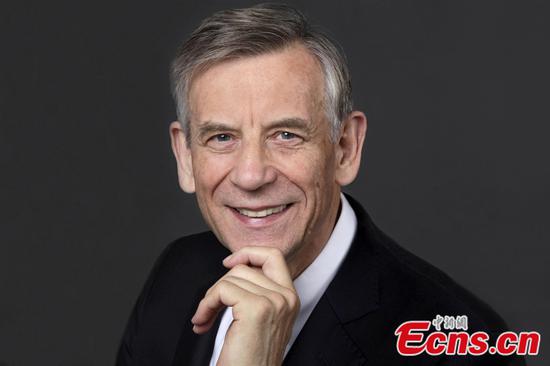
Yu Lan
China News Service
A new industrial strategy for 2030 was announced by the German government recently, which calls for moves to strengthen the country’s technological leadership in several key technology areas.
The new initiative has a mixed reception in Germany, Prof. Dr. Dr. h.c. mult. Hermann Simon, a renowned author of Hidden Champions and Confessions of the Pricing Man, said in an exclusive interview with China News Service.
Many observers concern that Chinese enterprises’ overseas mergers and acquisitions will face increased scrutiny in Germany. The initiative’s impact on the Mittelstand (small and medium-sized enterprises) will remain very limited, said Simon.
“Germany actually needs more Chinese investments. Currently there is only one Chinese Greenfield factory operating in Germany. And actually the states and cities are vying for Chinese investments – opposite to the restrictions on the federal level,” said Simon.
China and Germany are ideal partners. They have to find a way to cooperate. That has worked very well in the past. Both sides do not gain if they are too assertive, he said.
To China, Germany is a role model as well as a competitor. Made in Germany, craftsmanship and hidden champions are well-mentioned in relation with Germany, along with Volkswagen, Wagner’s operas and Oktoberfest. Studying and understanding Germany is an indispensable part of China’s economic learning process, the following interview is a small step taken by China News Service.
Prof. Dr. Dr. h.c. mult. Hermann Simon is a prominent researcher in the areas of Germany’s economic and manufacturing sectors. More importantly, he has developed a deep knowledge on China. The complex issues raised by China News Service are thoroughly analyzed and answered by Professor Simon, and the dialogue leads to an intellectually exciting exercise which is academically and practically thoughtful.
CNS: Before we touch upon the specific questions, could you share with us your general impression on China’s manufacturing capability given its “world factory” or “the workshop of the world” status?
Simon: China has become the factory of the world, as expected for many years. It has gone through a transformation from low cost, low price, low quality producer to a medium cost, price, quality producer. In some sectors Chinese companies are world-class manufacturers, a good example are railroads. But in general the quality of typical Chinese products is not yet at the level of German products. It is important to be realistic about these facts and not to dream. The objective quality is one side, the perceived quality is the other side. Perceived quality is created through objective quality plus branding. And branding remains a weakness of Chinese firms. There are only two Chinese companies among the top 100 in the world, Huawei is No. 70 and Lenovo is No. 100.
CNS: As a natural follow-up, how do you evaluate China’s technological progress over the past 4 decades after the Reform and Opening-up policy was steadfastly implemented? And why the technology and innovation is so critical in the context of the new economy?
Simon: Of course as everybody knows the technological progress of China has by far surpassed the expectations of the past. Nobody would have thought only ten years ago that China could reach the current status within such a short time. In Germany we talked of the “economic miracle” in the 1950s. The Chinese “economic miracle” is at least as impressive, if not more impressive, than its German predecessor. But again I call for realism. The pride of the enormous progress must not seduce China to become overly self-confident and complacent. In many areas the United States is still the technology leader and will remain in that position for many years to come. The recent ZTE case is a telling example. Airbus is a strong European company. But according to its CEO 90% of the electronics in the Airbus planes are from the US.
CNS: Being widely witnessed, the Sino-US trade tensions have demonstrated substantial negatives impacts on the world trade and economy as a whole, and the resolution is not yet around the corner. What is your view on this matter, and what should the German business community act if the conflicts between the two world biggest economies are escalating?
Simon: I hope that a viable solution can be found until the end of March. This is a real danger for China, for the US, and for Germany. Trump is incalculable. The book by his advisor Navarro is very strongly anti-China. But China should also change its strategy. As long as people think that they can steal technology the danger of a serious trade war will prevail. And if China and the US insist that they demonstrate their power a good outcome is endangered. Again realism is indicated. I hope that everybody involved understands the mutual interdependence and does not believe that anybody can win a trade war. There are no winners in a trade war as we know from the 1930s. In Germany we are very concerned. We depend more strongly on peaceful trade than both China and USA. Almost one half of our GDP comes from our exports. And many German companies which manufacture in China export their products from there to the US.
CNS: On December 19, the Bundestag revised the foreign investment regulation, which brought down the shareholding threshold from 25% to 10% for the regulatory review. Although it may not directly target Chinese M&A activities in Germany, the effects could be born hugely by Chinese companies. What do you think is the real purpose of the new regulation, and how to further tackle the dilemma between the national security and economic co-operation, in particular to Chinese partners?










